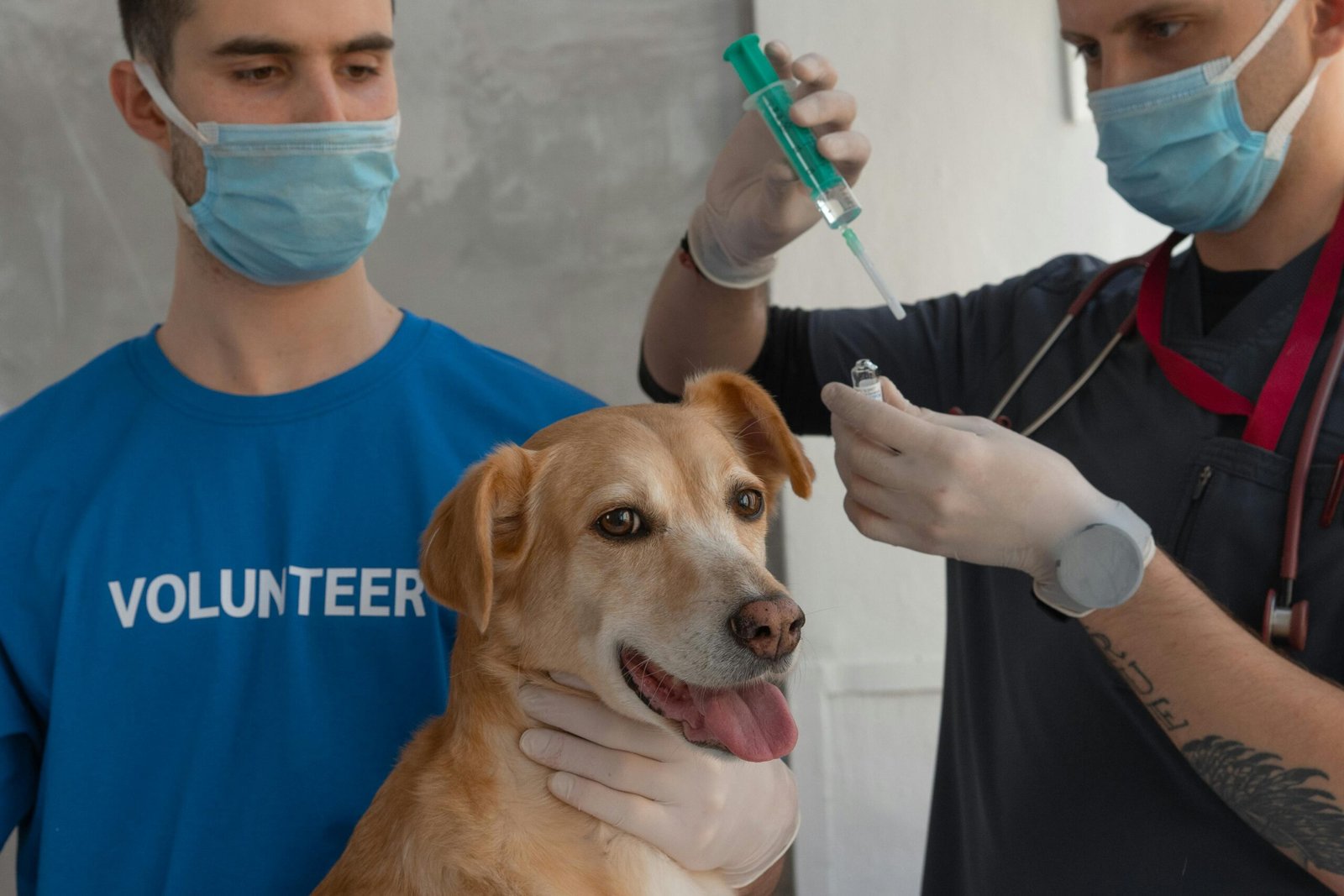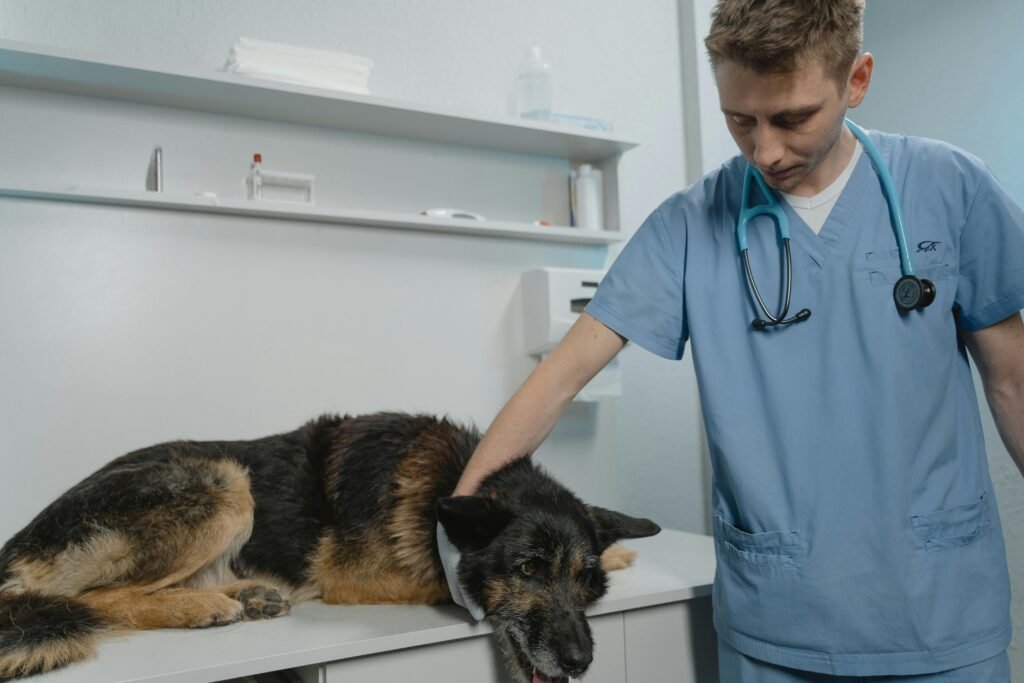
Regular vet visits are more than just a honey-do list, as every Veterinarian will advise; they keep our pets healthy, happy, and out of the doctor’s office. If people require yearly doctor appointments for maintenance, pets that receive monthly veterinarian treatment are similarly impacted.
what is the importance of visiting the veterinarian regularly?
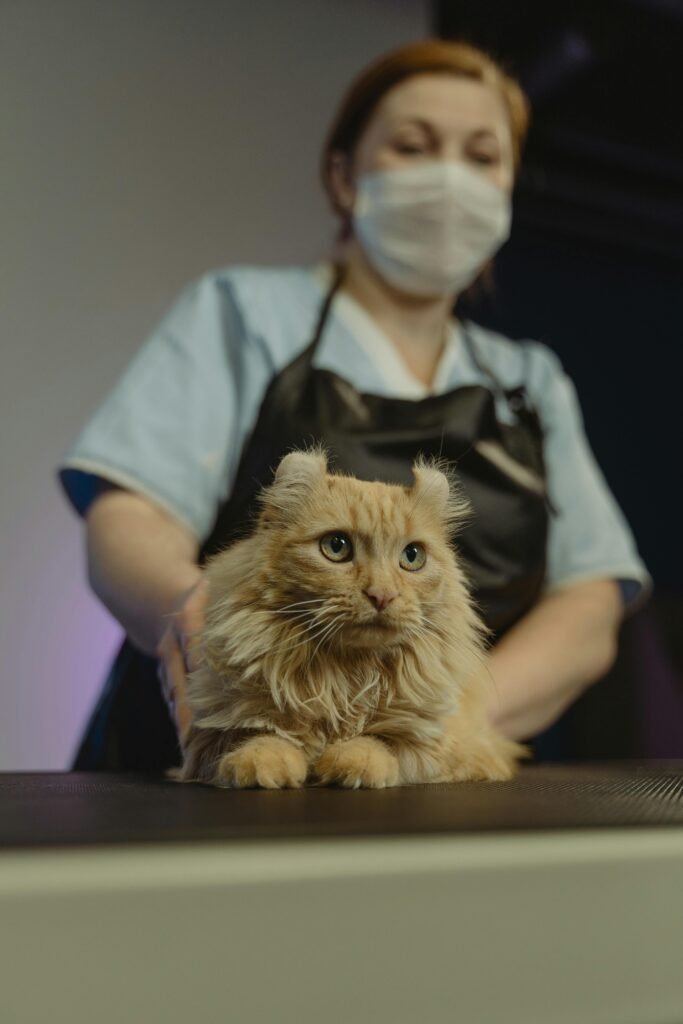
1- regular visits to the vet allow veterinarians to detect illnesses such as heart disease, kidney problems, and even early signs of cancer, ensuring the optimal treatment plan.
2—It ensures preventive Care. Taking your pet to the veterinarian for regular examinations and vaccinations can save you a lot in vet bills by preventing diseases they could get from other animals, as well as helping stop nasty parasites such as fleas, ticks, heartworms, etc.
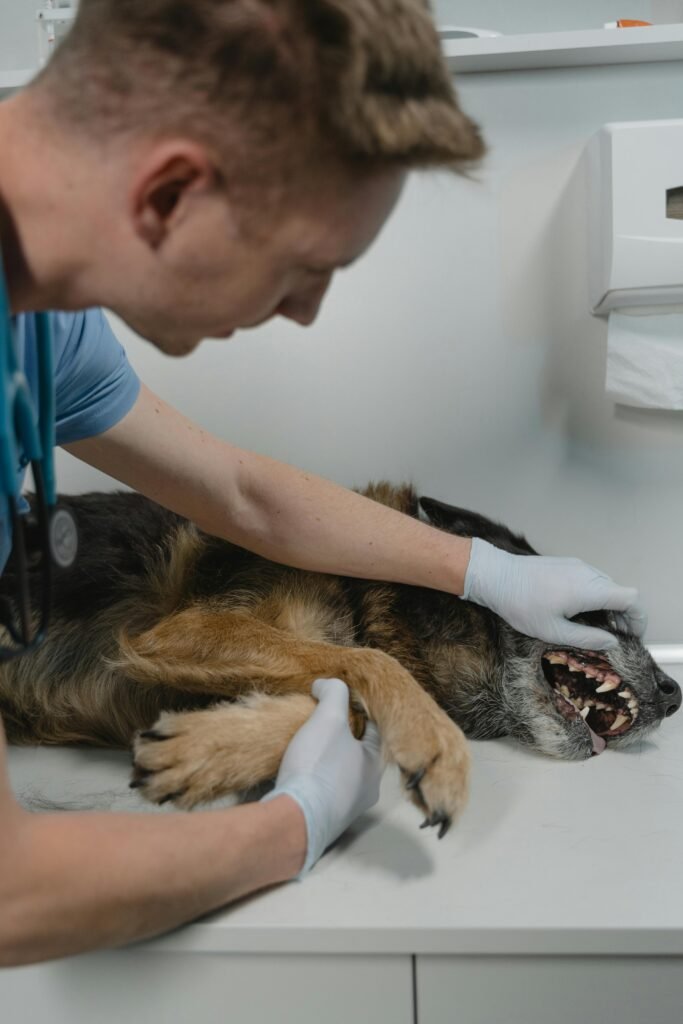
3—Dental Health / Oral Care: This issue is vital to any pet’s health; dental care affects so much of its wellness. Dental check-ups are one of the best ways to prevent pain and disability from eating for your pet by avoiding gum disease and tooth loss issues.
4- Veterinarians you visit regularly will make specific dietary recommendations based on your pet’s age, breed, and energy balance, to help it get the nutrition it needs for a healthy and safe body.
5- Behavioral Instruction: a certified professional can give you the proper way to help pups with behavior troubles, as well as give you the proper training suitable for that behavior.
6- Aging Pet Care: your pet may develop age-related health problems. Regular check-ups help monitor these changes and provide appropriate care and medicine.
When you bring your pet in for a check-up in regular vet visits, here’s what typically happens:
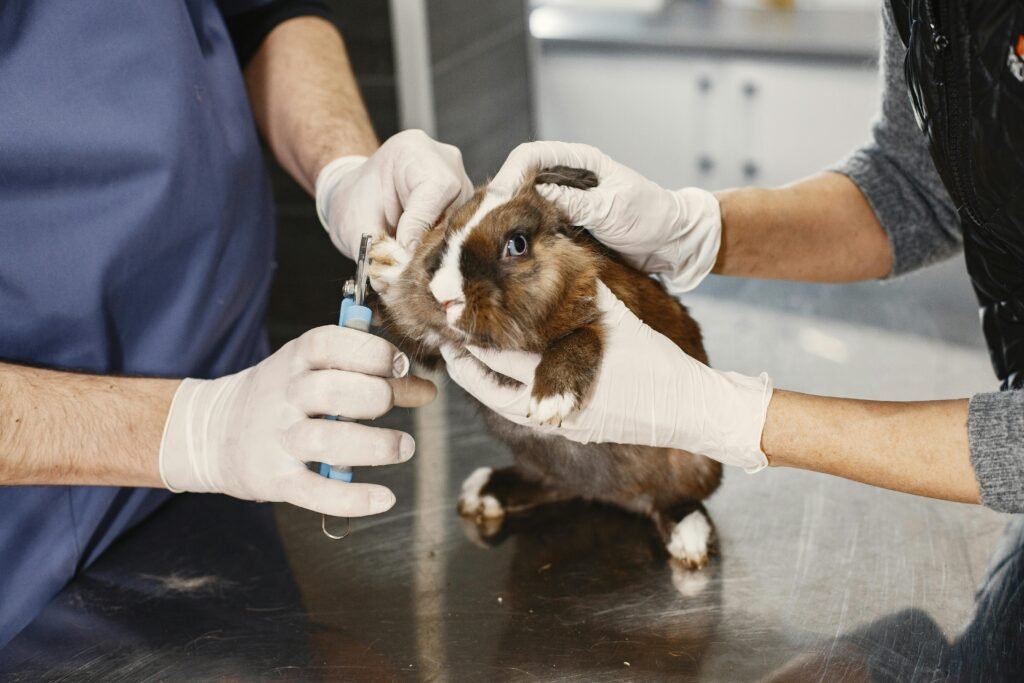
- Vital Signs Check: Veterinarians at the clinic will check basic tests like temperature, heart rate, and respiratory rate to ensure these are within normal ranges.
- Physical Exam: This includes checking your pet’s weight, overall body condition, and appearance for signs of health.
- Dental Check: A look at your pet’s teeth and gums can reveal plaque, tartar, or early signs of gum disease.
- Ear and Eye Exam: The vet examines your pet’s ears for infections or wax build-up and checks their eyes for any abnormalities.
- Abdominal Check: By gently feeling the abdomen, vets can detect unusual lumps or swelling in the organs.
If necessary, the vet may also recommend additional tests like:

- Blood Work: This can reveal underlying health issues or help monitor organ function.
- Urine Tests: These assess kidney function and can help detect urinary tract infections.
- Fecal Exam: This screening helps identify intestinal parasites that could harm your pet’s health.
How Often Should You Take Your Pet to the Vet?
The recommended frequency for vet visits can vary, but here’s a general guideline:
- Puppies and Kittens: Every 2-4 weeks for vaccinations and early health checks.
- Adult Pets: At least once a year for a comprehensive physical exam, vaccinations, and possibly dental cleaning.
- Senior Pets: Twice a year, or as recommended by your vet, to catch and treat any age-related health concerns.
By committing to regular vet visits, you’re setting your pet up for a healthier, more comfortable, and longer life. Remember, it’s far better to prevent an illness than to treat it after it’s taken hold.


